Possession marking: ’s and beyond
14/03/2013
One of the most widely studied elements of the Germanic languages is the ’s which attaches to a noun phrase to indicate possession in English. The analysis of this element, the possessive ’s, has been the object of much debate in linguistics on account of its unusual behaviour, which makes its categorisation problematic. It can …
Social media and democracy: events in the Centre for Critical Theory
13/03/2013
In recent years, big claims have been made about the political potential of new media and social networking, from Obama’s use of Facebook in his 2008 election campaign to the alleged role of smartphones in the so-called ‘Arab Spring’. We hear constantly about the ‘digital revolution’ and the ‘democratizing’ effects it can have. But can …
Mali, Terrorism, and US Foreign Policy
12/03/2013
In January 2013, David Cameron announced that British intelligence officers, Special Forces soldiers, aircraft and surveillance drones would all be deployed to ‘dismantle’ terrorist groups based in northern Mali, and called for a generational commitment to rout terrorist groups from the Sahel region. In fact, such an effort has been ongoing for the past decade …
Can positive changes result from genocide? PhD student Caroline Williamson tells us about her research
11/03/2013
Research carried out in Nottingham University’s Department of French and Francophone Studies found inspiring positive changes among Rwandan women, as PhD student Caroline Williamson explains. Funded by an AHRC Collaborative Doctoral Award, Caroline worked in Rwanda for a year with the Nottinghamshire-based NGO the Aegis Trust, which campaigns against genocide and crimes against humanity, and runs …
Women and Independence in Latin America: Empowerment through Art
06/03/2013
Being a Latin American woman in this country you must be very brave in whatever comes along. Even if things get hard at a certain stage, it is very important to continue to work hard, following your ideals and defending your points of view. These are the words of Evelyn, an Ecuadorian teenager who has …
Forthcoming event: ‘Ask me more about Brecht’
04/03/2013
On 13 March 2013 the Department of German Studies will host a multimedia show by Sabine Berendse and Paul Clements, entitled ‘Ask me more about Brecht: Hanns Eisler in conversation with Hans Bunge’. Bertolt Brecht was one of the leading German dramatists and poets of the twentieth century. The composer Hanns Eisler was Brecht’s most …
The Year Abroad experience
01/03/2013
I was recently reading an interview with the French philosopher Michel Foucault in which he talked about a period spent working in Sweden at the University of Uppsala in the 1950s. Foucault clearly remembered this experience of exposure to another language and another culture as being highly significant in terms of his personal and intellectual …
Taster and revision sessions for schools
Aristotle once said, ‘For the things we have to learn before we can do them, we learn by doing them.’ In March, CLAS are launching a set of mini taster days for Y11 and Y12 pupils in local schools. We kicked off with a Mini Languages taster on 27 February, giving pupils the opportunity to …
Research on contemporary slavery: events on campus
This year marks the 150th anniversary of the US Emancipation Proclamation. Signed and issued by President Abraham Lincoln during the American Civil War on January 1, 1863, the order proclaimed free all those enslaved in the Confederate States. Yet President Obama marked this anniversary not with celebratory remarks or a visit to the Lincoln Memorial …
Language and technology – a new research project
28/02/2013
For the CLAS blog’s inaugural post, Professor Christopher Johnson tells us about his new research project, funded by the Leverhulme Trust. I have recently been awarded a Leverhulme Major Research Fellowship to write a book on the French prehistorian and ethnologist André Leroi-Gourhan (1911-86). Unlike the anthropologist Claude Lévi-Strauss, my previous subject of research, Leroi-Gourhan …

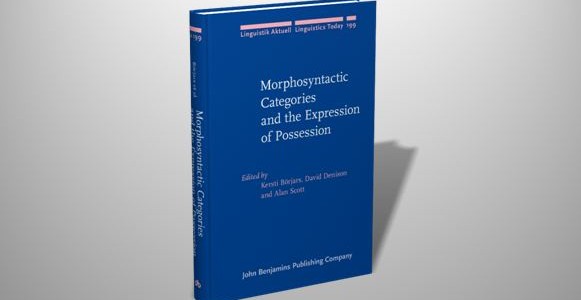
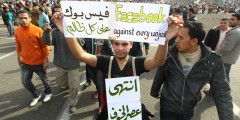


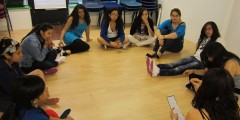
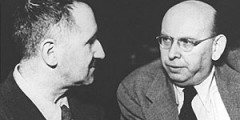
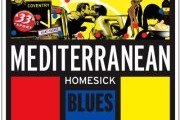



Recent Comments